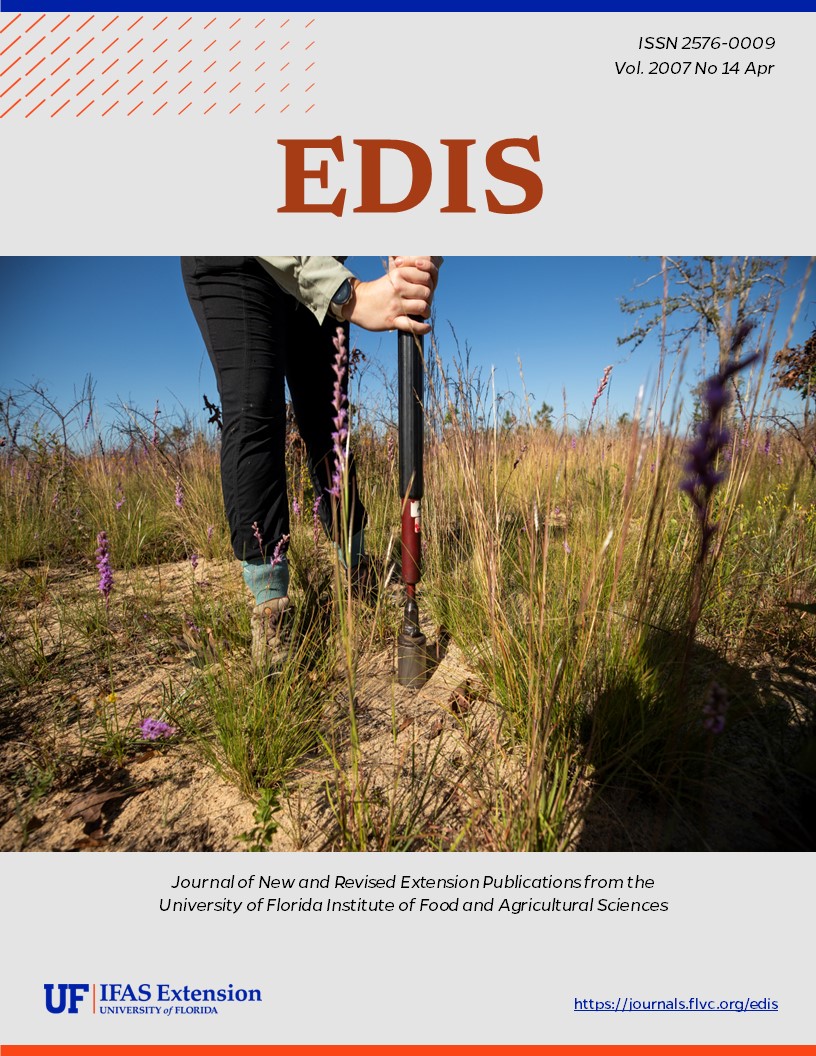Abstract
This document explores the evolving definition of scholarship within Land Grant Universities, emphasizing the role of Extension Specialists. It highlights the shift from traditional research to a broader view that includes teaching, application, and integration. The article outlines the components of a successful Extension program, including problem assessment, audience analysis, program delivery, and evaluation. It underscores the importance of documenting and communicating program impacts to peers, thereby advancing knowledge and validating the scholarship in Extension work.
References
Boyer, E. L. 1990. Scholarship Reconsidered, Priorities of the Professoriate. A Special Report. The Carnegie Foundation for the Advancement of Teaching. Princeton, NJ.
Kellogg Commission on the Future of State and land-Grant Institutions. 1999. Returning to Our Roots: The Engaged Institution. Wash. DC. National Association of State Universities and Land-Grant Colleges. https://www.aplu.org/library/returning-to-our-roots-the-engaged-institution/file
McGrath, D. M. 2006. The scholarship of application. Jour. Extension. 44(2): https://archives.joe.org/joe/2006april/a8.php 11pp.
Weiser, C. J. 1997. Faculty scholarship and productivity expectations-an administrator's perspective. HortScience 32:37–39.
Woeste, J. T., C. T. Waddill, and L. R. Arrington. 2005. Extension specialists role and responsibility statement. Florida Cooperative Extension Service Circ. PE-63. http://edis.ifas.ufl.edu/SD055

This work is licensed under a Creative Commons Attribution-NonCommercial-NoDerivatives 4.0 International License.
Copyright (c) 2007 UF/IFAS

